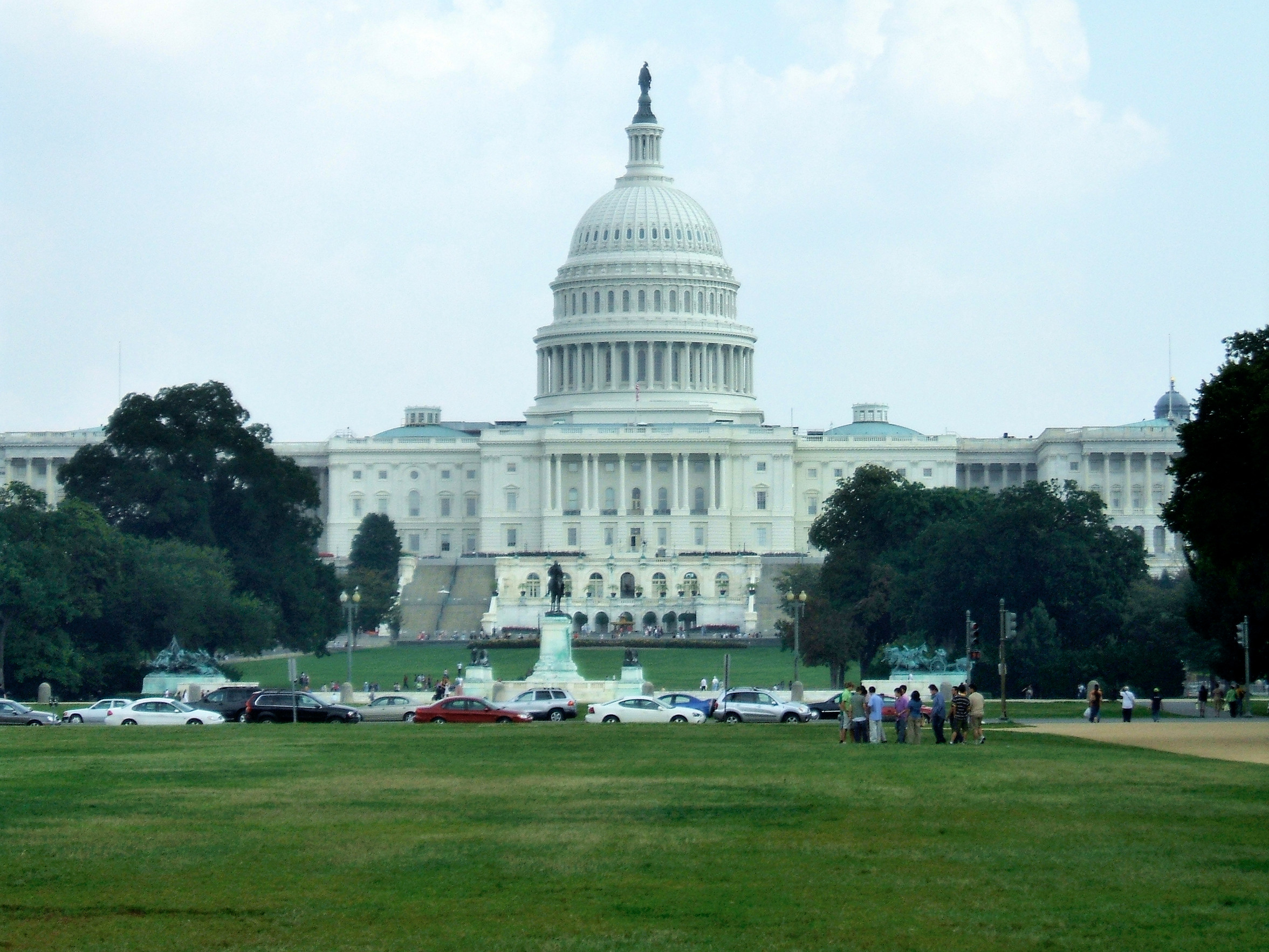
Washington D.C. & Members Of The Congress Become More Susceptible To The Crypto- Industry
Bitcoin has already received regulatory support in the US. More specifically, members of the Congress brought a bill that could protect certain currencies from government intervention. This, at least, a rather strange turn of events for a country like the United States.
Crypto-currency tokens, such as Bitcoin, Bitcoin Cash and Ethereum, are now gaining acceptance in Washington D.C., as Bob Goodlatte, chairman of the Judicial Committee of the House of Representatives, currently holds from $ 17,000 up to $ 80,000 in cryptocurrencies.
According to Goodlatte ‘s annual financial report, submitted on May 10, 2018, he announced that he holds his money in such crypto-currencies as Bitcoin, Bitcoin Cash and Ethereum. Further, Forbes reported that Gudlatt’s son, Bobby, Jr. Goodlatte, is actively involved in the crypto industry. Goodlatte Jr. invested in Coinbase, the global currency exchange.
Goodlatte also participates in the blockchain congress. According to the website of Blockchain Caucus, Polis and Schweikert created an organization to study blockchain technology and how it can improve and help existing public services.
Forbes noted that the participation of high-ranking politicians in the crypto-currency and block-industry industries can be a positive sign when it comes to the regulation of the US crypto-currency.
According to Cryptocompare, the United States owns about 26 percent of Bitcoin, the second largest Bitcoin volume in each country. Nevertheless, the government seems uncertain about the cryptocurrency industry, given the differences in how the cryptocurrencies are handled by different authorities. The Securities and Exchange Commission considers cryptocurrencies as a security; The Commodity Futures Trading Commission classifies Bitcoin as a commodity; and the Internal Revenue Service of the United States considers cryptocurrencies as property for tax purposes since 2014.



